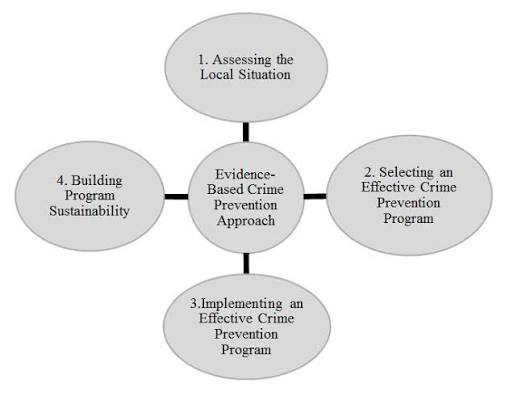In the heart of Kilifi County, a quiet forest has become a graveyard.
The Shakahola Massacre is no longer just a crime scene. It is a mirror reflecting Kenya’s struggle with faith, desperation and justice.
Now, as exhumations pause once again, the silence in Shakahola speaks louder than ever.
A Pause in the Search for Truth
Kenyan authorities have temporarily halted the exhumation of bodies from the Shakahola Forest to allow forensic experts to collect DNA samples from 34 newly discovered remains. So far, more than 400 victims have been recovered since the investigation began in 2023 when self-proclaimed pastor Paul Mackenzie was arrested.
Investigators believe Mackenzie led a starvation cult that convinced followers to fast to death in hopes of “meeting Jesus.” The story shook Kenya and the world, raising questions about how such tragedy could unfold unnoticed for so long.
Officials from the Directorate of Criminal Investigations say the pause will give time for DNA analysis to identify victims. To many Kenyans, the delay feels like the nation holding its breath, caught between horror and reflection. Each unearthed body represents not only a life lost but also a system that failed to protect its people.
Faith, Fear and the Fragility of Hope
The Shakahola story is not only about a cult leader’s manipulation. It is also about how easily despair can disguise itself as devotion.
Many of Mackenzie’s followers were ordinary Kenyans — farmers, teachers, mothers and children — who believed they were following divine guidance. Their faith was pure, their trust absolute but their hope was turned against them.
This tragedy forces us to ask hard questions. What makes people surrender their reason to blind faith? How many others are still trapped in similar movements hidden in remote corners of the country?
Justice in Progress
Court proceedings against Mackenzie and more than 90 of his followers continue in Mombasa. Prosecutors are building a case of mass murder, radicalization and terrorism. The High Court recently directed investigators to coordinate DNA tests and release identification results to grieving families faster.
A government spokesperson stated, “Every DNA match is a story closed. Every delay keeps families suspended between hope and grief.”
Yet for many families camping near the site, the wait feels endless. They hold faded photos, whisper prayers and cling to the hope that their loved ones will finally be named.
A Mirror to the Nation
Shakahola has forced Kenya to confront uncomfortable truths. The massacre exposed how unregulated churches and self-proclaimed prophets can exploit poverty and spiritual hunger.
For years, Mackenzie broadcast sermons online, urging followers to abandon education and reject medical care. Authorities ignored warnings until it was too late.
The government has since proposed new laws to regulate religious organizations but civil society groups worry these laws might threaten genuine churches. The balance between religious freedom and public safety remains delicate.
Political analyst Moses Muthomi said, “If Shakahola taught us anything, it is that faith without accountability becomes dangerous. We must protect the right to believe but also the right to live.”
The Weight of Memory
Today, Shakahola is silent again. Forensic tents are gone and reporters have moved on. But beneath the soil lies a story that Kenya cannot forget.
Those who have stood at that forest say it changes you. The air feels heavy, the trees seem to hold secrets and every gust of wind feels like a whisper from the dead.
Maybe the real lesson is not about religion or politics but about us,about a society that looked away until the bodies surfaced.
Perhaps the question we must all ask is simple yet haunting: Where were we when they needed saving?



